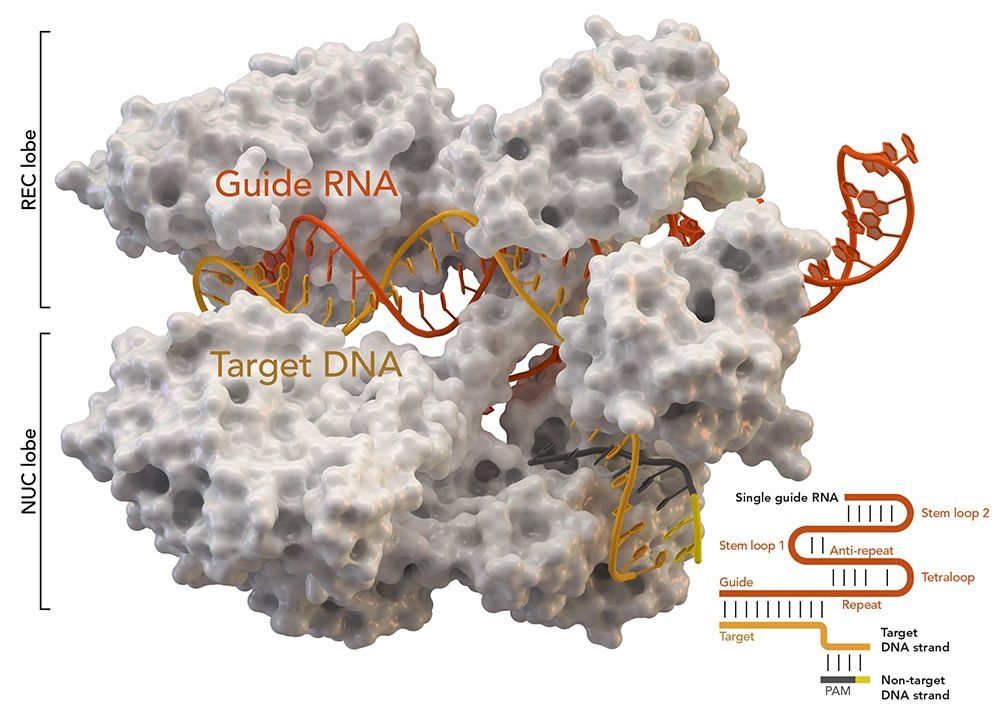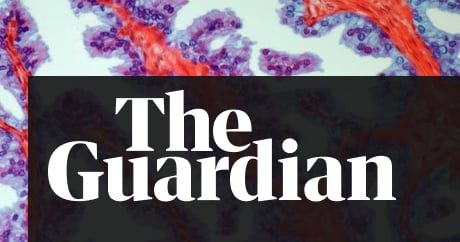A team of researchers in China has used a form of the CRISPR gene editing technique to repair a genetic defect in a viable human embryo. In their paper published in the journal Molecular Therapy, the group describes their work and how well it worked.
Only three years ago, CRISPR was first used on a human embryo. In that work, a Chinese team attempted to use the technique to repair a genetic fault. Though the work made headlines around the world, it had a low success rate—just four out of 54 embryos that survived the technique carried the repaired genes. Since that time, a new variation of CRISPR has been developed—it is called base editing, and works in a more efficient way. Instead of snipping DNA strands and replacing removed bits with desired traits, the new method does nothing more than swap DNA letters—trading out an A for a G, for example. In this new effort, the researchers used this new method to correct a gene mutation that results in humans having a condition called Marfan syndrome, in which people have an A instead of a G in the FBN1 gene. It is a disorder that causes problems with connective tissue, leading to a myriad of problems for those born with it.
The new research is unique in that the scientists used viable embryos created using in vitro fertilization. The team could have implanted these viable gene-edited embryos into a woman’s uterus, had they chosen to do so.







